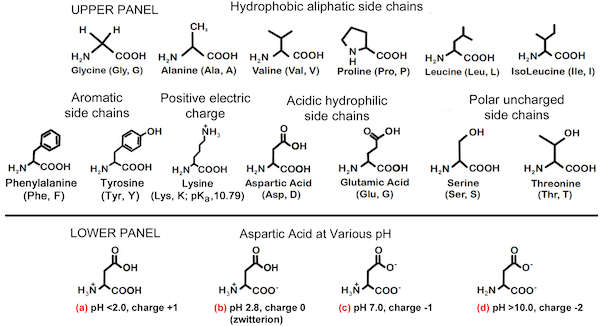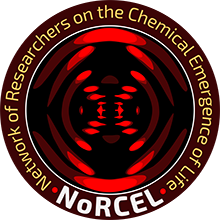In this paper the hypothesis that prions and prion-like molecules could have initiated the chemical evolutionary process which led to the eventual emergence of life is reappraised. The prions first hypothesis is a specific application of the protein-first hypothesis which asserts that protein- based chemical evolution preceded the evolution of genetic encoding processes. This genetics- first hypothesis asserts that an “RNA-world era” came before protein-based chemical evolution and rests on a singular premise that molecules such as RNA, acetyl-CoA, and NAD are relics of a long line of chemical evolutionary processes preceding the Last Universal Common Ancestor (LUCA). Nevertheless, we assert that prions and prion-like molecules may also be relics of chemical evolutionary processes preceding LUCA. To support this assertion is the observation that prions and prion-like molecules are involved in a plethora of activities in contemporary biology in both complex (eukaryotes) and primitive life forms. Furthermore, a literature survey reveals that small RNA virus genomes harbor information about prions (and amyloids). If, as has been presumed by proponents of the genetics-first hypotheses, small viruses were present during an RNA world era and were involved in some of the earliest evolutionary processes, this places prions and prion-like molecules potentially at the heart of the chemical evolutionary process whose eventual outcome was life. We deliberate on the case for prions and prion-like molecules as the frontier molecules at the dawn of evolution of living systems.
Keywords: prions; amyloids; origin of life; LUCA; RNA; RNA viruses; chemical relics
Authors: Sohan Jheeta [1], Elias Chatzitheodoridis [2], Kevin Devine [3] and Janice Block [4]
- Network of Researchers on the Chemical Evolution of Life (NoRCEL), Leeds LS7 3RB, UK
- Department of Geological Sciences, National Technical University of Athens, 157 80 Athens, Greece; [email protected]
- The School of Human Sciences, London Metropolitan University, London N7 8DB, UK; [email protected]
- Leumit Health Services, Beit Shemesh 9956504, Israel; [email protected]
DOI: 10.3390/life11090872
Link to the journal: https://www.mdpi.com/2075-1729/11/9/872



